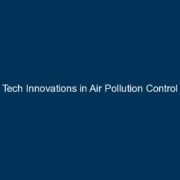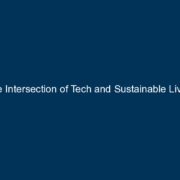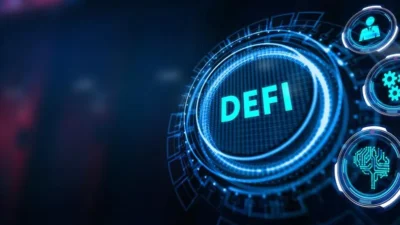Plastic waste has emerged as a global environmental challenge, necessitating innovative solutions to mitigate its impact. This blog explores the role of technology in addressing plastic waste reduction, showcasing how cutting-edge solutions are reshaping the future of waste management.
Introduction: The Plastic Predicament
Understanding the Scale of Plastic Pollution
Plastic pollution has reached unprecedented levels, posing a threat to ecosystems, wildlife, and human health. To combat this crisis, technology is stepping forward to provide effective and sustainable solutions for reducing, reusing, and recycling plastic.
I. Smart Recycling Bins: Sorting at the Source
IoT-Enabled Bins, Automated Sorting, and Incentive Programs
Smart recycling bins equipped with Internet of Things (IoT) technology are transforming waste collection. These bins use sensors to identify and sort recyclables at the source, optimizing the recycling process. Incentive programs tied to these bins encourage responsible disposal.
II. Blockchain for Transparent Recycling
Traceability, Supply Chain Integrity, and Plastic Recycling
Blockchain technology is enhancing transparency in plastic recycling. By creating a tamper-proof record of each step in the recycling process, blockchain ensures supply chain integrity, enabling consumers and businesses to trace the journey of recycled plastic.
III. Advanced Sorting Technologies: Boosting Efficiency
AI-Powered Sorting Machines, Near-Infrared Spectroscopy, and Robotics
The integration of artificial intelligence (AI) in sorting technologies has revolutionized waste management. AI-powered sorting machines, coupled with near-infrared spectroscopy and robotics, enhance the efficiency of plastic sorting, enabling better separation and recycling.
IV. Biodegradable Plastics: A Sustainable Alternative
Bioplastics, PHA, and Eco-Friendly Materials
The development of biodegradable plastics presents a sustainable alternative to traditional plastics. Bioplastics, including Polyhydroxyalkanoates (PHA), are derived from renewable sources and break down more easily, reducing the environmental impact of plastic waste.
V. Ocean Cleanup Technologies: Battling Plastic at Sea
Autonomous Drones, Floating Barriers, and Ocean Cleanup Initiatives
Innovative technologies are being deployed to tackle plastic pollution in oceans. Autonomous drones and floating barriers designed to collect plastic are part of ambitious ocean cleanup initiatives, aiming to restore the health of marine ecosystems.
VI. Waste-to-Energy Conversion: Generating Power from Plastic Waste
Pyrolysis, Gasification, and Energy Recovery
Waste-to-energy conversion technologies offer a dual solution by not only reducing plastic waste but also generating energy. Processes like pyrolysis and gasification transform plastic waste into valuable energy resources, contributing to a circular economy.
VII. Community Engagement Apps: Empowering Individuals
Education Platforms, Plastic Footprint Trackers, and Community Initiatives
Technology is empowering individuals to actively participate in plastic waste reduction. Education platforms, plastic footprint trackers, and community engagement apps raise awareness and encourage responsible consumption, fostering a collective commitment to waste reduction.
Conclusion: Tech-Powered Path to a Plastic-Free Future
As technology continues to evolve, so does the arsenal of solutions against plastic pollution. The amalgamation of smart recycling bins, blockchain transparency, advanced sorting technologies, biodegradable alternatives, ocean cleanup initiatives, waste-to-energy conversion, and community engagement apps paves the way for a plastic-free future.



















Comments